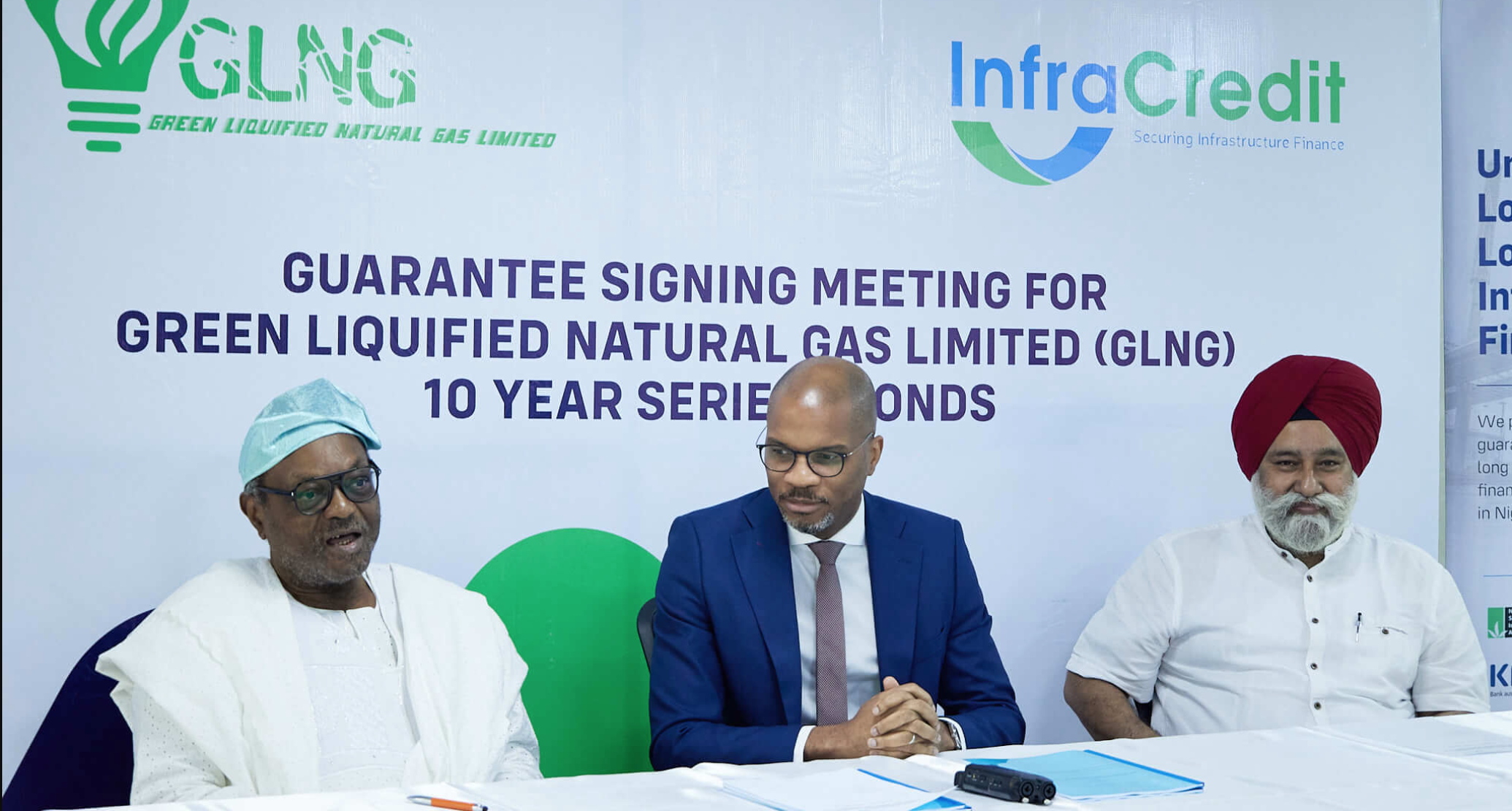Read more
This article first appeared on the Hawilti+ terminal on 10 August 2023. Saipem has been awarded a contract by Eni Congo to convert its Scarabeo 5 semisubmersible drilling unit into a separation and boosting plant. The converted rig will serve a floating production unit (FPU) for Congo LNG, Eni’s LNG export project currently under-development offshore Pointe Noire. Saipem is already a contractor on the project, for which it is executing preliminary engineering and procurement activities. The FPU will be receiving the production fluids from wellheads riser platforms, separate the gas from liquids and boosts the gas to feed the nearby 2.4 mtpa floating LNG unit (FLNG) currently being built by Wison Heavy Industry in China. While start-up is expected in Q4 2025, Eni Congo is expected to start delivering LNG as early as the end of the year from an initial development that relies on a small 0.6 mtpa FLNG unit.
Côte d’Ivoire has become home to one of Africa’s most resilient energy sector thanks to its gas and hydropower potential, whose development has provided baseload and reliable power for decades. The west African country currently relies on gas supplied by domestic fields for almost 70% of its electricity production. A little over a decade ago, access to electricity in Côte d’Ivoire stood at only 34%. Today, that rate has grown to close to 70%. But with offshore fields maturing and new gas turbines nearing commissioning, the country needs to find more gas to keep power stations working for the foreseeable future and secure electricity supply for end users. “Securing gas supply to keep the lights on in the future has become a serious concern for local authorities,” one executive told Hawilti during a working visit to Abidjan earlier this year. Gas-to-Power Capacity on the Rise Last year, the country added 180MW of gas-fired power generation capacity to its electricity grid after it expanded the Azito plant. At an official ceremony announcing the expansion of the plant, Côte d’Ivoire’s Minister of Mines, Petroleum and Energy Mamadou Sangafowa Coulibaly said the country aims to increase power generation capacity from its current 2,369MW to 4,000MW by 2025. To bring the country closer to that target, a new gas powered thermal-plant is under construction, with a capacity of 390MW. The Atinkou plant ties into government’s efforts to meet increasing local demand as well as exports to neighbouring countries. The Atinkou Gas Power Project is also designed to displace inefficient and old thermal plants. According to the Africa Development Bank, a development partner on the project, the new power plant, when completed, will be the most efficient gas power plant in Côte d’Ivoire and the West Africa region. Short-term options to boost domestic gas demand To secure more gas, Côte d’Ivoire is focused on maximizing production from existing fields, developing discovered marginal gas fields, and monetizing associated gas from large and upcoming offshore oil projects. Most of Côte d’Ivoire’s gas supplies come from CI-27, a license operated by Foxtrot International where production started in 1999. To increase output, the independent completed a 5-well drilling campaign in 2022. The country’s national oil company (NOC) PETROCI is also being put to the task. Earlier this month, it signed the production sharing contracts (PSC) for blocks CI-523 and CI-525, two licenses that hold the Ibex, Gnou, Kudu and Eland gas fields. When developed, these reserves could provide a steady domestic supply of 60 MMscf/d of natural gas over 16 years. First gas is expected in 2026. Eni’s newly discovered reserves at Baleine on Blocks CI-101 and CI-802 have also brought about some respite. The Italian major has found some 2.5 billion barrels of oil and 3.3 Tcf of gas, providing an opportunity for more domestic supplies. On August 2nd, it signed a gas supply agreement with Côte d’Ivoire to ensure that, as it develops oil reserves for the export market, gas is also reserved to meet local demand. “The signing of this gas sale and purchase contract is a breath of fresh air,” declared Côte d’Ivoire Energies (CI-ENERGIES) Noumory Sidibe during the signing ceremony. What’s next? To grow its gas sector, Côte d’Ivoire is hoping that exploration will yield additional discoveries. In early 2024, Foxtrot International will notably be conducting exploratory drilling on Block CI-12 with the Topaz Driller rig contracted from Vantage Drilling, in hopes to find more gas. But given growing gas demand, Côte d’Ivoire is also considering several import options, including pipeline and LNG. Discussions have been held with Ghana regarding a possible pipeline from its Western region, which houses most of Ghana’s gas receiving and processing infrastructure. Another option could come from the Nigeria-Morocco Gas Pipeline, whose route will cross Côte d’Ivoire. In June 2023, PETROCI was one of the companies that signed a memorandum of understanding (MoU) with Nigeria’s NNPC and Morocco’s ONHYM to reaffirm its commitment to the project.

